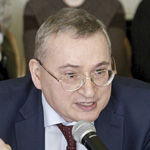 Sergey Bodrunov
Sergey Bodrunov
President of the VEO of Russia, president of the International Union of Economists, director of the New Industrial Economy Institute, expert of the Russian Academy of Sciences, professor
Dear readers!
The editors timed the release of this issue of the journal to coincide with the Day of the Russian Economist, the annual All-Russian economic meeting, and since it’s some sort of a milestone in our joint work during the year, we can draw some results.
As regards the personal ones which are within the context of the public mainstream, your humble servant received his first pension while the issue was being prepared for print. I was quick enough!.. It took us fifteen years to prepare for the increase in the retirement age, then it took us six months to discuss it, and one month to pass the corresponding legislation. Whew, we had it done. A tolerable version, it seems. But, as expected, not everyone is happy, the move seems unfair to many, even somewhat suspicious. Of course, it would be good to take into account the idea suggested by the VEO of Russia — to rise the age in proportion to the increase in the country’s life expectancy. That is, before taking something away, you should first give something: the result would have been practically the same, but how much more fair and understandable it would have been to the population! And any objection would be difficult: if people started to live, say, 2 years longer, i.e. nearly 3% longer than in the previous period, we would be able to increase the retirement age by 3% of the average length of employment (30 years), i.e. by 0.9 years. What Russian man would be against retiring even at 68, if his life expectancy was nearly 85! And in addition, the tasks of improving the quality of life from the May presidential decree would have been “quantified”. Because without improving the quality of life you cannot improve the «quantity».
Our economy saw quite a few positive changes, contrary to what people seem to think amidst the barrage of upsetting pension-related news.
For instance, Russia has broken last year’s record for wheat exports. At the time of this writing, there are no final data for the year, but according to various estimates the country’s wheat harvest was 42 to 45 million tons. An excellent result! There is only one nuance. The food industry lags behind substantially, that is, we are following approximately the same path as the oil industry, we limit our sales almost exclusively to commodities. Do we need another type of oil, a «granular» one? Perhaps we do, and yet we import finished high tech products with much added value! And, as we pointed out at the session of the Coordination Club of the VEO of Russia, our agro-industrial and food sectors’ next goal should be processing raw materials to produce «our own» food; to achieve this goal and to compete on a par with the multinational corporations, which I will not be calling by names, our food industry will need support.
Continuing the theme of exports (currently, Russia’s strategic goal is building up its non-commodity exports), I would like to point out that sales of IT services in the first six months of 2018 exceeded their imports, 2.55 billion dollars vs 2.52. Somebody would say it is less than the US exports, and not just by several times but by an order of magnitude, but in fact it’s an extremely important result: in the sector which is very important for the future economy, our exports exceeded imports for the first time ever! The first step is always the hardest; these are the first fruits of the transition to digital economy which the President announced at the last year’s St. Petersburg Economic Forum, the fruits that do not require expensive fixed assets, workshops, infrastructure, etc., they only require bright minds of Russian programmers. But, unfortunately, as we have repeatedly discussed at the VEO of Russia meetings, without a comprehensive re-industrialization of the country based on technological upgrades, these figures will remain low, because the demand for information technologies must be shaped by the overall development of the high-tech industry. The quintessence of our discussions on this topic was the question of Academician V. Ivanter: “Colleagues, what economy will we digitize?”
Once again, we are ending the year with growth, but, unfortunately, the growth is minimal, about 1.5 percent. At the very beginning of the year, most experts at our expert session predicted the growth would be exactly like this, unless systemic measures were taken in the economy. Systemic measures have not yet been taken (I hope they eventually will be), growth is minimal, and the next year’s forecasts prepared by the IMF, the EBRD, and by the Ministry of Economic Development and Trade after them are even a few tenths of a percent lower.
Actually, our journal is intended for discussing what these systemic measures may be. This time, one of the main topics is financial measures that could drive the economy.

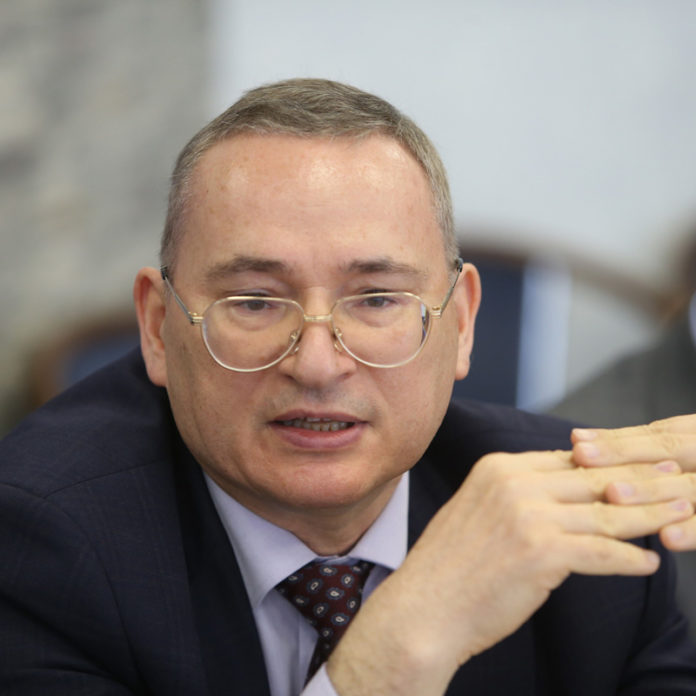



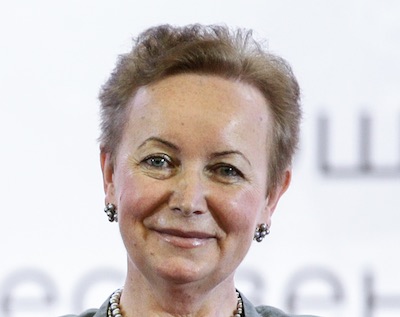
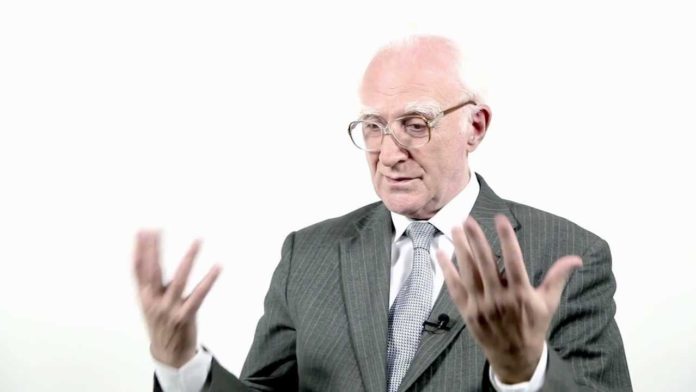

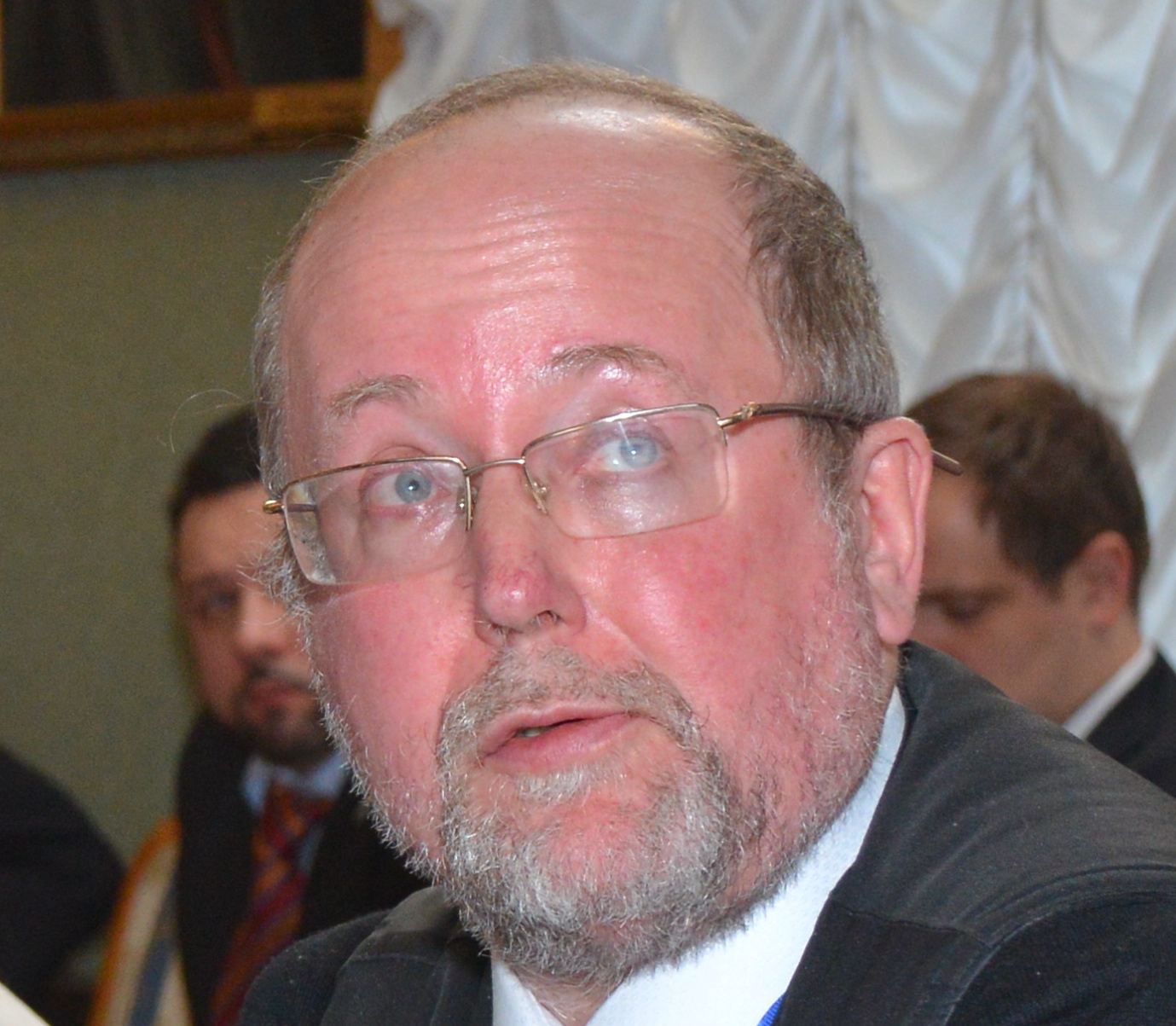 Андрей Коротаев
Андрей Коротаев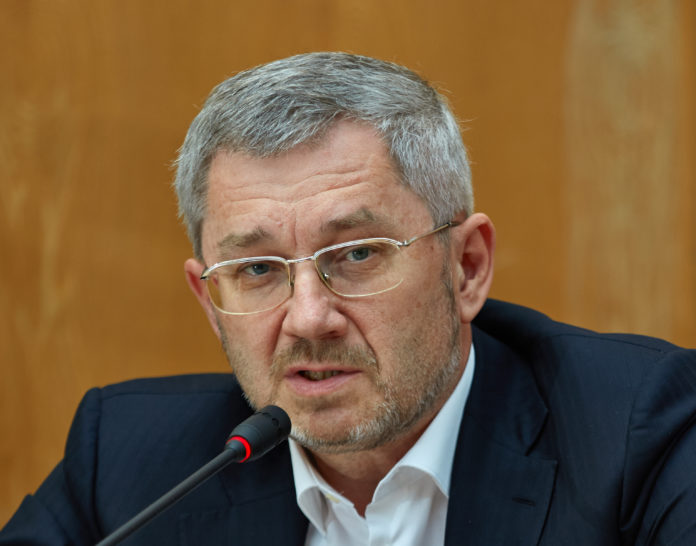
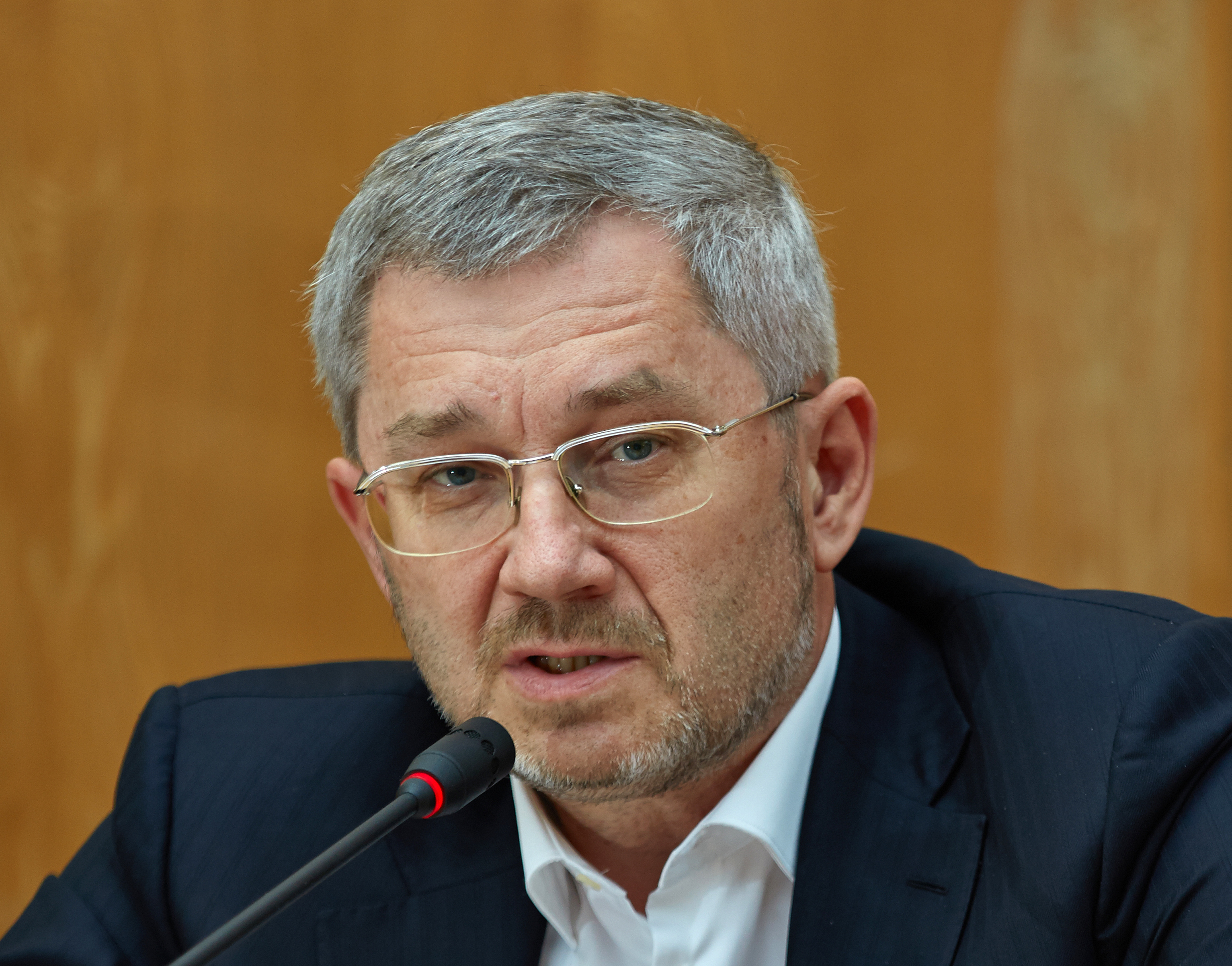 Константин Корищенко
Константин Корищенко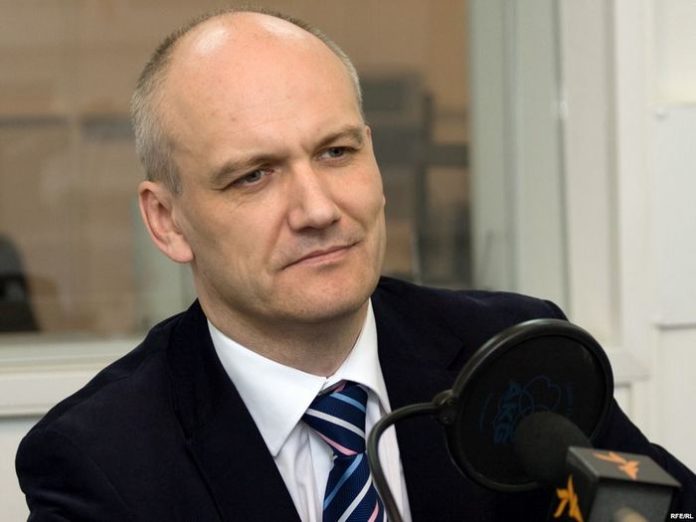
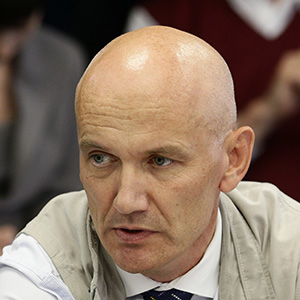 Игорь Николаев
Игорь Николаев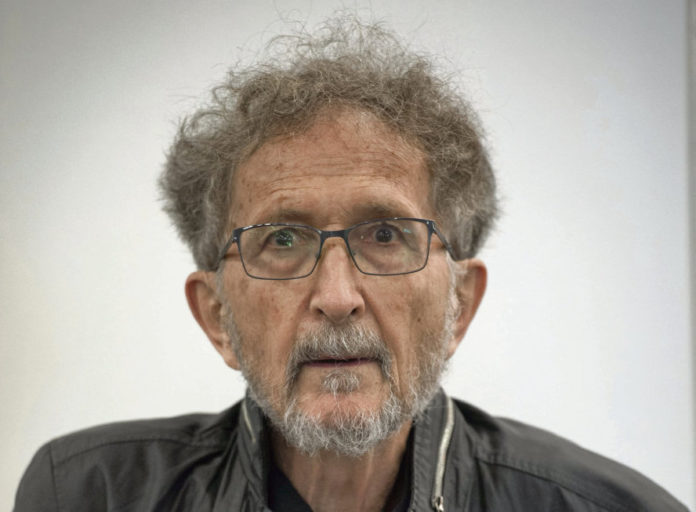
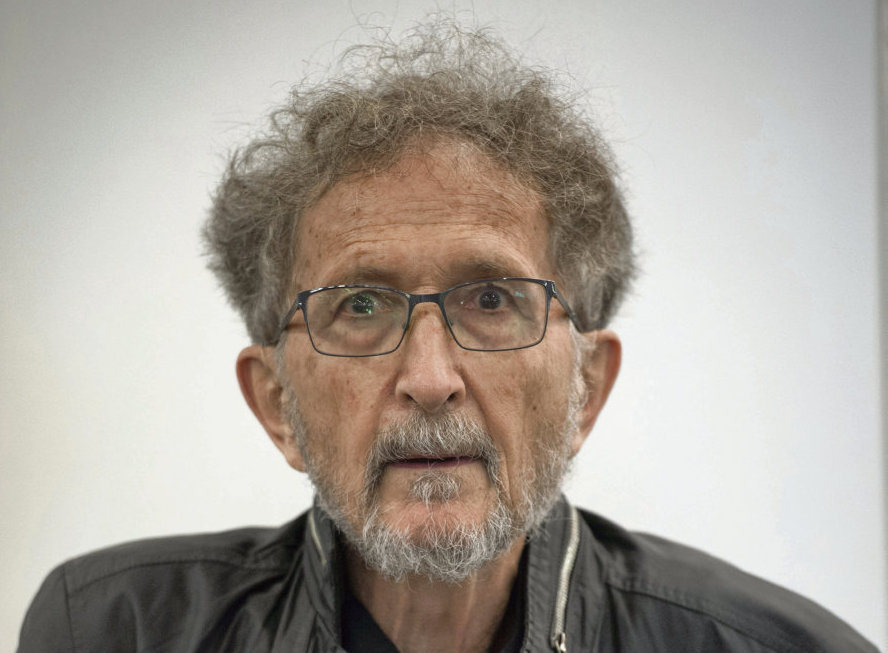 Жак Бидет (Jacques Bidet)
Жак Бидет (Jacques Bidet)